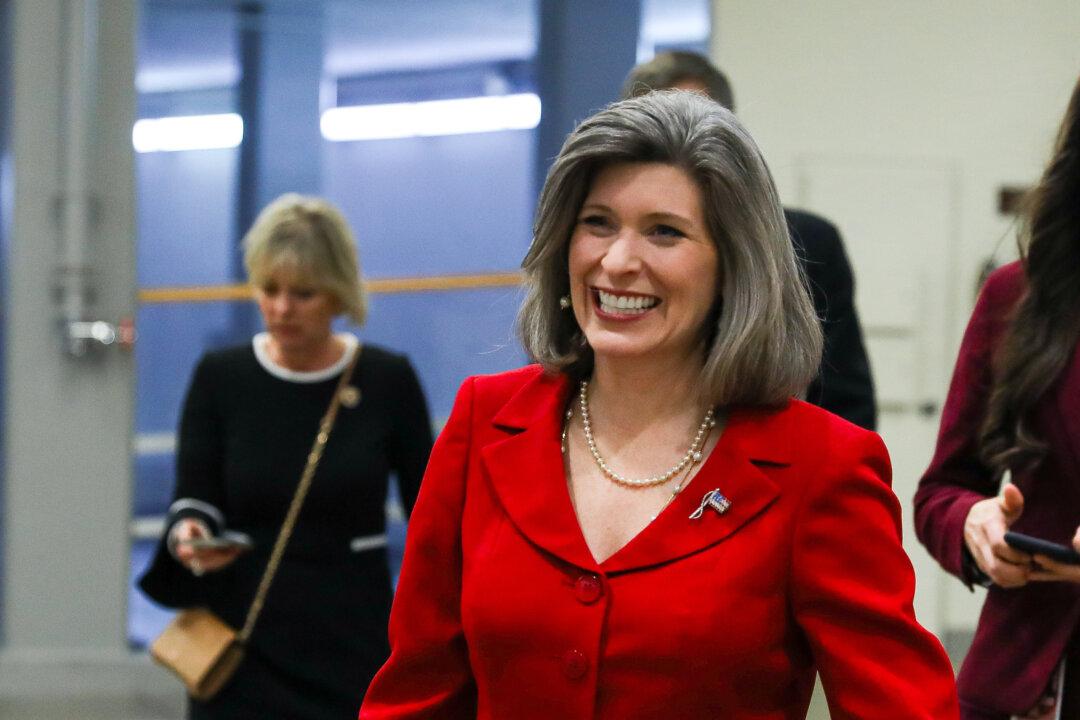A proposed amendment to Senate Majority Leader Chuck Schumer’s (D-N.Y.) “Endless Frontier Act” to reform the National Science Foundation (NSF) would require the government to disclose all costs of research projects funded by the agency.
The amendment to Schumer’s proposal, offered by Republican Sens. Joni Ernst of Iowa and Maggie Hassan of New Hampshire, recognizes that the NSF has a checkered history of wasting millions of tax dollars on projects of highly questionable value. It would require grant recipients to make public the percentage of the total cost of a project that would use tax dollars, as well as the dollar amount receiving public funding in all official descriptions such as news releases, requests for proposals, and bid solicitations.





